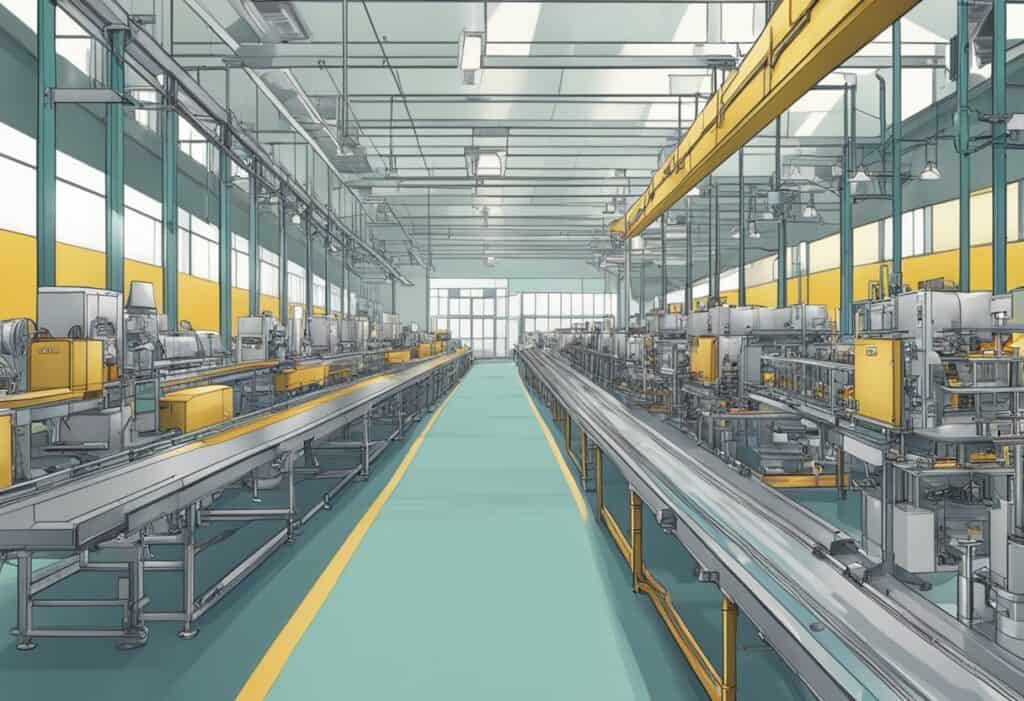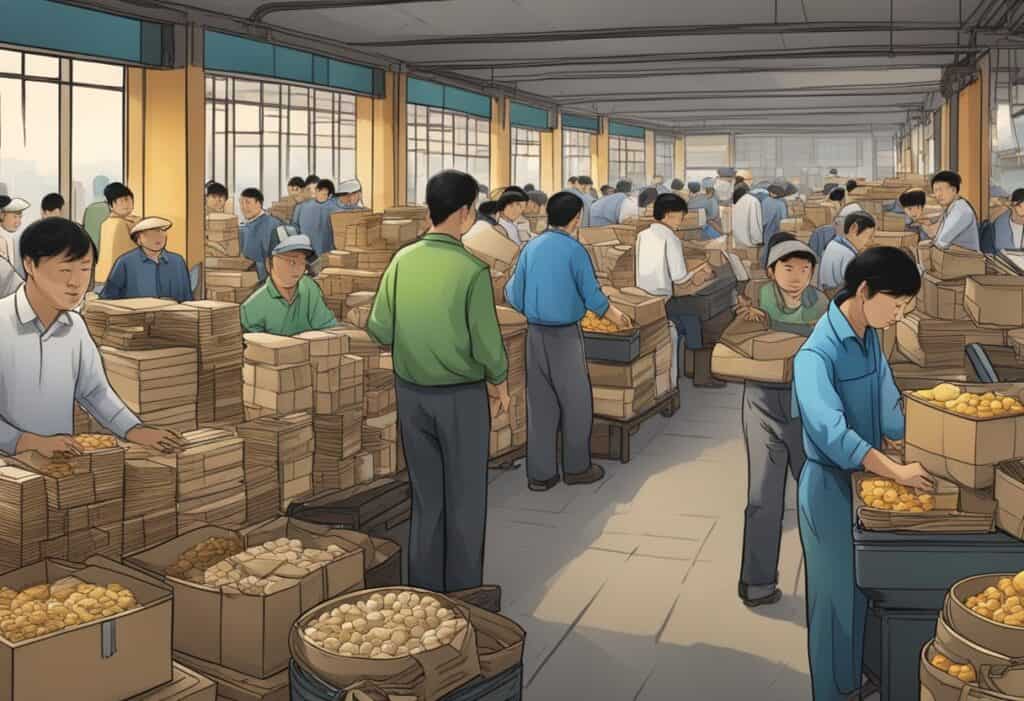
October 7, 2023
How to Get a Product Manufactured: A Clear and Knowledgeable Guide
Getting a product manufactured can be a daunting task, especially for those who are new to the industry. However, with
Read More
October 7, 2023
Getting a product manufactured can be a daunting task, especially for those who are new to the industry. However, with
Read More
October 7, 2023
A Chinese trading company is a business that imports and exports goods to and from China. These companies play a
Read More
December 18, 2021
Do you want to know about inspection tools and how these can be used? Go nowhere else as we have
Read More
December 17, 2021
Do you know about APQP’s meaning and the different phases that are interlinked with it? No worries, we are here
Read More
October 22, 2021
Have you ever heard about C TPAT AUDIT? If yes, you can move on to other sites, but if that’s
Read More
October 20, 2021
Do you have any idea what is color fastness? Why in the industry of textile and fabric do we need
Read More
August 20, 2021
Product Compliance refers to the essentiality of the requirements of the items made by keeping in mind the legal necessities.
Read More
August 18, 2021
Whenever someone purchases or sells items with the state, both parties, the buyer and the seller, must get to know
Read More